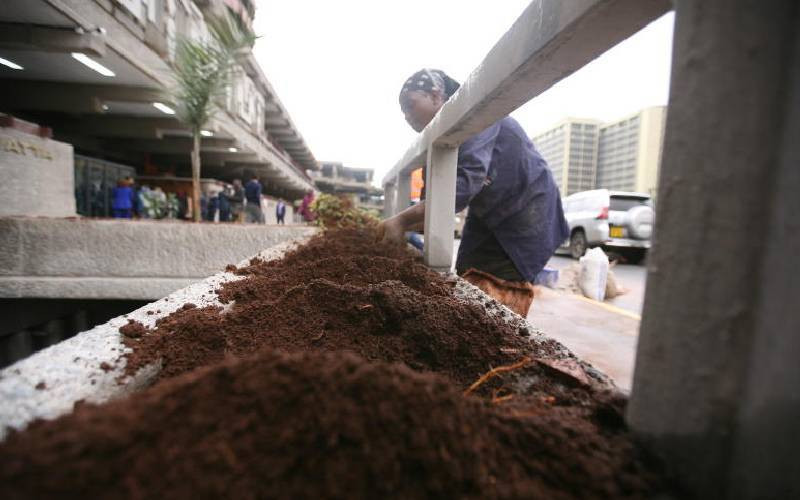×
The Standard e-Paper
Smart Minds Choose Us

Mozambique has been urged to construct more climate-resilient buildings to cope with the effects of climate change.
A new report from the International Finance Corporation (IFC) - a member of the World Bank Group IFC - titled the Mozambique Market Assessment for Resilient Buildings Report showcases the opportunities for local developers to improve the climate resilience of buildings in Mozambique, a country particularly vulnerable to the effects of climate change, including cyclones, floods and droughts.